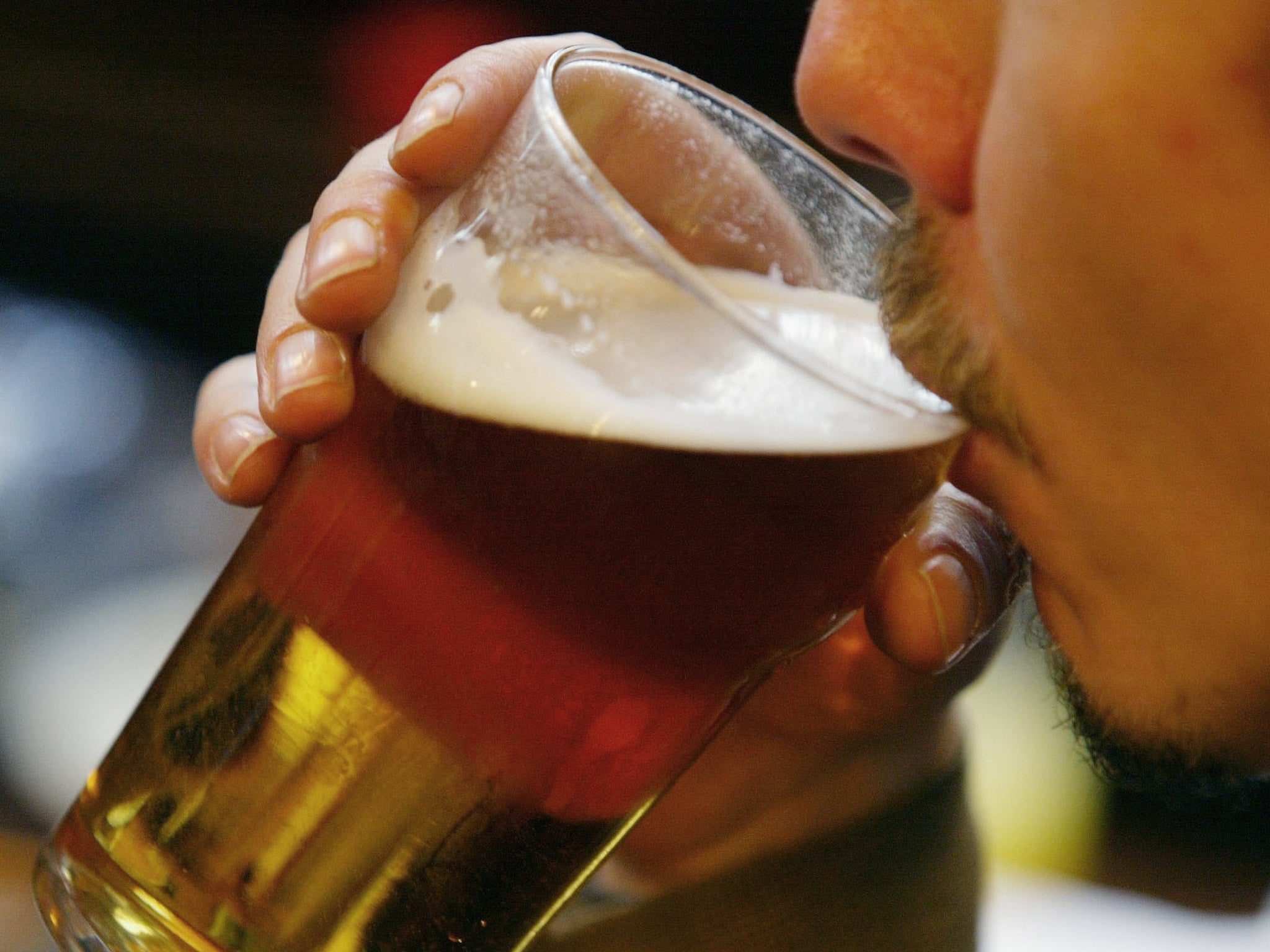Pubs are the wrong place to pick a fight with coronavirus
Some might observe the new 10pm curfew, says Ian Hamilton, but there will be many who will either start drinking earlier or carry on elsewhere after the pubs are closed


In announcing a curfew for pubs Boris Johnson clearly believes that restricting people’s drinking time is a necessary infringement on liberty if we are to halt the rising number of Covid-19 infections. This is of course not the first time that pubs and the wider hospitality sector has been singled out for special measures aimed at defeating the virus. It’s becoming clear that pubs are the new battleground in the government’s war on Covid.
Undoubtedly, alcohol impairs judgement. No matter your good intentions prior to going out, they are likely to slip away as you drink. In that sense, it seems logical to restrict the amount of time that people can drink. This would probably work if pubs and restaurants were the only places to purchase alcohol, but they aren’t. Thanks to successive governments we have seen a loosening of licensing laws that mean we have almost unlimited access to booze, from petrol stations to supermarkets and everywhere in-between.
Some might observe the new 10pm curfew, but there will be many who will simply adapt, by either starting their drinking earlier or carrying on elsewhere after the pubs are closed. The government restriction has the potential to increase rather than decrease the spread of infections. As people pile out of pubs and move indoors to someone’s house, they move from a controlled environment to an uncontrolled one. Who is really going to take the names and contact details of those they meet at a party in someone’s house after 10pm?
Apart from these unintended consequences, it’s worth looking at the data provided by Public Health England about where infections originate from in the community. Top of the list are care homes at 45 per cent, followed by education settings at 21 per cent, with pubs and food outlets accounting for only 5 per cent, according to the most recent data.
As with all data it has its flaws and should be treated with caution. However, this suggests that in picking a fight with the hospitality sector, even if the strategy is well thought out and executed exactly as intended, there are only minor gains to be had. This government can’t afford further erosion in public trust, yet if they make pubs the battleground not only is this unpopular, but it is targeting the wrong environment.
But it’s not just the effect this announcement will have on pub goers, the industry has only just begun to re-establish itself after lockdown. This latest curb on the hospitality sector could be the one that breaks those hanging on by their fingertips - they already restrict the number of customers, which obviously hurts their bottom line. Some will be unable to service the loans and rents they need to pay with the reductions in their income, forcing them to close for good.
The other obvious tension signalled by this announcement is the tug of war between the chancellor and prime minister. One is trying to revive the economy and the other is trying to reduce infections, although both clearly have an eye on voters too. Trying to ride both horses at once creates this type of dilute strategy where neither the economy nor protecting people is achieved. Covid doesn’t compromise and so will need something more than tinkering with drinking hours if it is to be brought under control.
These latest restrictions will impact many but achieve little. We’re fast becoming conditioned to this government’s mismatch between words and achievements. As history reveals with the Spanish flu, it was the second wave of infections that killed the majority - there’s nothing happening now to suggest that history won’t repeat itself this time.
Ian Hamilton is associate professor of addiction at the University of York.

Join our commenting forum
Join thought-provoking conversations, follow other Independent readers and see their replies
Comments